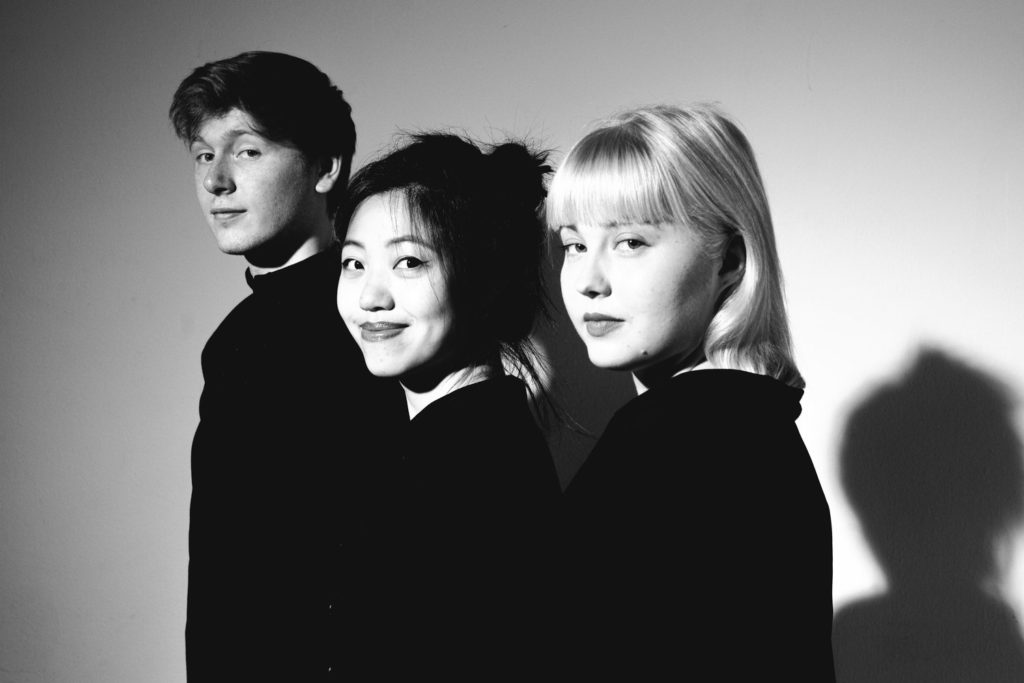
IT is not often the opportunity arises to hear a 19th-century work for the first time, especially one by a composer whose music rarely graces concert platforms.
Juliusz Zarębski, a Pole born in what is now Ukraine, died in 1885 at the age of 31, leaving a host of piano pieces – apart from a piano quintet written in the final months of his terminal battle with tuberculosis.
It was the highlight of this programme, whose backbone was provided by the Paddington Trio, the festival’s Young Artists. The added guests were violinist Benjamin Baker and viola player Max Mandel.
The evening had opened with Liszt piano music and included Shostakovich’s Second Piano Trio. Zarębski’s Piano Quintet in G minor is in the conventional four movements, but in other respects it strays from the norm.
For a start, this is no piano concerto with added strings: the keyboard role is beautifully integrated into the whole. Furthermore, its opening theme is given to the viola and only the second theme taken by the first violin, its long, lyrical lines contrasting well with the viola’s earlier probing. The composer cleverly thinned the texture right down – drawing our attention – before a huge climax at the close of the first movement.
The Adagio’s opening sounds as if improvised before growing increasingly anguished, with folk-like harmonies. Here we heard strings alone more than once. Its three-part shape petered into a quiet ending with cello and piano, gently treated here.
The ensemble was sprightly in the jaunty scherzo before a smooth trio over rippling piano. There were more than a few shades of Dvořák in the finale, with Bohemian themes always close to the surface.
After a quiet interlude, the ebb and flow became quite volatile right up until a closing race for the tape. The ensemble, persuasively led by Baker, seemed to relish this rare opportunity, their lively approach evoking the spirit of the dance.
The Paddingtons were equal to the challenges of Shostakovich’s E minor trio, spearheaded by the tricky harmonics of Patrick Moriarty’s cello at the start. The fugue accelerated neatly and pizzicato was always taut. The group was fully alive to the quirks of the madcap scherzo, with its constant swerving between major and minor keys.
The elegiac Largo reflected the composer’s mood in 1944, in the wake of the tragic siege of Leningrad, but there was a contrasting urgency in the finale, with its elements of gypsy dance. The Paddingtons showed themselves to be a well-knit ensemble, even if occasionally Tuulia Hero’s violin might have been a touch more daring.
The group’s pianist, Stephanie Tang, had given us Liszt’s original version of La lugubre Gondola, written in the aftermath of Wagner’s death in Venice. It is so bare it sounds almost like doodling and Tang’s deliberately harsh tone did nothing to alleviate the composer’s evident grief. But it swayed smoothly enough, in true barcarole fashion.
Review by Martin Dreyer
